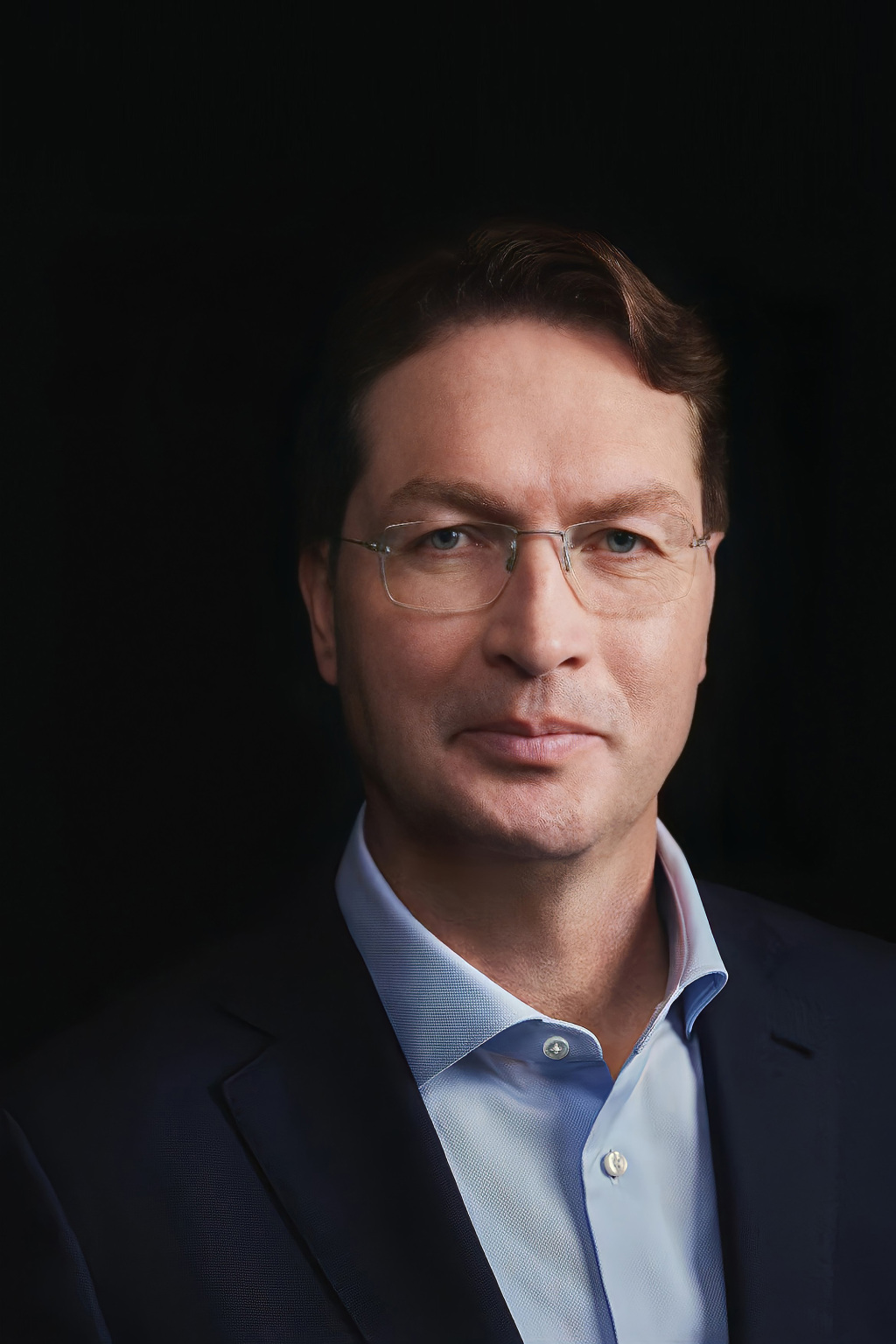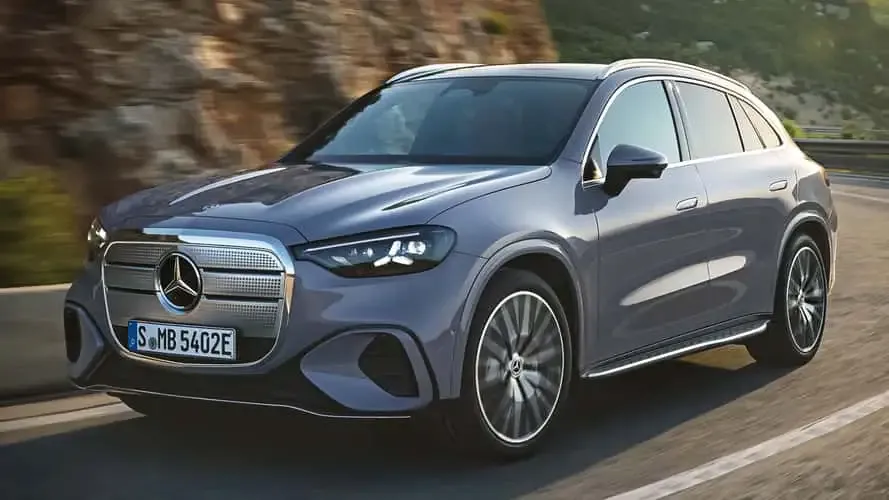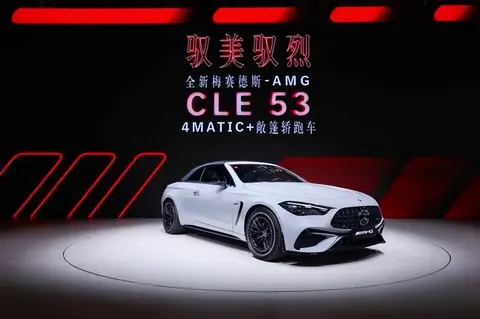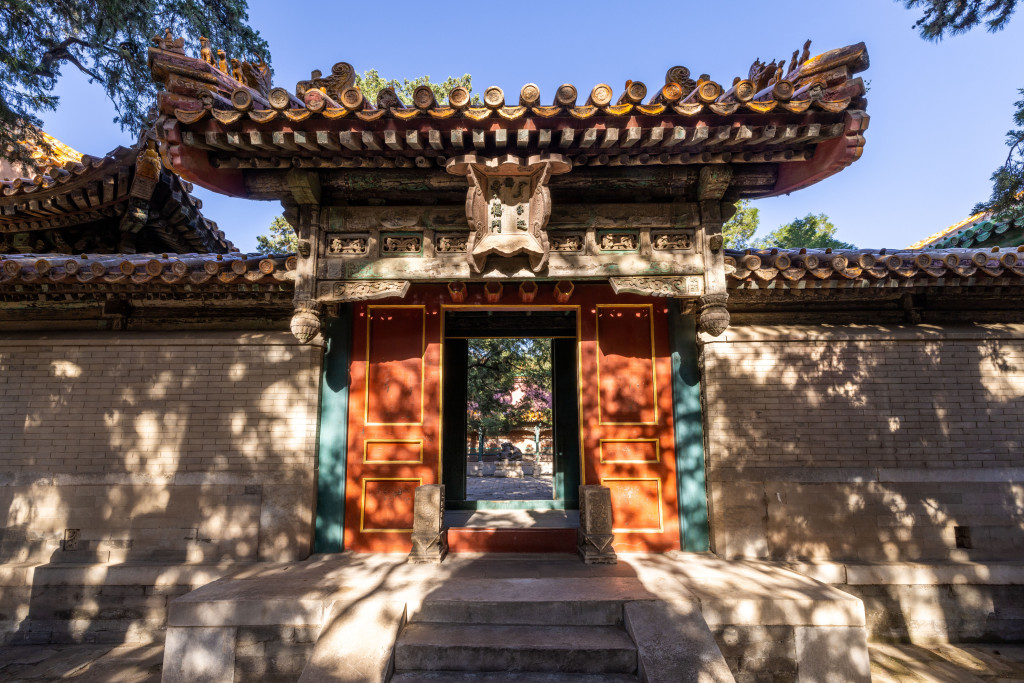At this critical moment when the global automotive industry is undergoing a deep transformation towards electrification and intelligence, how will Mercedes-Benz, the inventor of the automobile, navigate the cycle and become stronger?
On September 8, before the dazzling Mercedes-Benz Night at the 2025 Munich Motor Show, Ola Källenius, Chairman of the Board of Management of Mercedes-Benz Group AG, and Oliver Thöne, a member of the Board of Management responsible for Greater China, gave an exclusive interview to Chinese media, emphasizing that Mercedes-Benz will "embrace innovation and keep its original intention" and move forward steadily in the huge wave of change.

Ola Källenius
“Although it is not my hometown, it feels like home”
Among the many CEOs of multinational automakers, Ola Källenius, who currently serves as the chairman of the European Automobile Manufacturers Association, is definitely the one who is most willing to "deal with" the Chinese media.
Every time he is interviewed by Chinese media, he repeatedly emphasizes the important position of Chinese partners in Mercedes-Benz's global strategy.
Reflecting on the connection between Mercedes-Benz and the Chinese market, he believes that this 20-year journey together has become a significant milestone in the brand's development. "Twenty years ago, our presence in the Chinese market was small, with annual sales of only a few thousand vehicles. Today, China is like home to Mercedes-Benz, with annual sales reaching hundreds of thousands of vehicles and the support of millions of Chinese customers and Mercedes-Benz fans. We are deeply grateful for this."
Ola Källenius' words were full of recognition, and behind this achievement is Mercedes-Benz's deep investment in the entire value chain of the Chinese market: from establishing Beijing Benz as a joint venture with BAIC Group to achieve local production, to expanding the Beijing R&D center and adding the Shanghai R&D center.
"China is important to us in every way, especially in recent years. We continue to increase our investment in R&D: in addition to expanding our Beijing R&D center, we also established a new one in Shanghai a few years ago. Today, China's innovative automotive ecosystem has become an important part of Mercedes-Benz's global R&D ecosystem," said Ola Källenius. "However, what we do in China has significance beyond China; it will also benefit the world."
“Embrace innovation and keep the original intention”
How can China's innovation benefit the world? Tong Oufu added the example of "leading the global trend with Chinese innovation."

Oliver Thöne
"Our product development in China has always focused on the rear-seat experience, and some of our luxury sedan models in other markets such as Europe also serve VIP passengers in the back seats. Therefore, our next-generation global rear-seat entertainment system is led by the Chinese team."
He also revealed, "We collaborate with top Chinese technology companies, but we never compromise on the 'Mercedes-Benz standards' of safety, comfort, and quality. For example, the parking interface design incorporates the innovative ideas of our Chinese team, passes safety testing by our German engineering team, and is ultimately adopted in the global market."
"Innovation is not about technology for its own sake." Ola Källenius emphasized that every detail designed by Mercedes-Benz engineers, from the touch buttons on the steering wheel that return to the "Paris hobnail" physical buttons favored by customers, to the ergonomic comfort that is always online during long-distance driving, revolves around "passenger needs."
As the industry focuses on the competition in intelligent driving and intelligent cockpits, it's not hard to see that Mercedes-Benz, while embracing innovation, remains committed to its original aspirations of customer-centricity and the Mercedes-Benz standard. On a technical level, Mercedes-Benz is equipping its vehicles with a powerful computing system and AI-driven underlying software stack based on the all-new MB.OS architecture, compatible with various partner solutions. The all-new all-electric GLC SUV, which made its global debut that day, features a 39.1-inch (99.3 cm) seamless hyper-connected display with top-notch resolution and support for a variety of themed interfaces, embodying a "living room"-like cockpit experience. In the field of intelligent driving, Mercedes-Benz's unique "human-machine co-driving" experience has become an industry benchmark, and this system will gradually be rolled out across its entire lineup, bringing the industry's best assisted driving capabilities to even gasoline-powered vehicles.
"Whether it's oil or electricity, it's very smart"
"In the Chinese market, many people believe that intelligence is exclusive to electric vehicles. But Mercedes-Benz wants to tell everyone: intelligence is not exclusive to electric vehicles. Intelligent technology can not only be integrated into electric vehicles, but can also be applied to fuel vehicles. What Mercedes-Benz is gradually building is that 'whether it is oil or electricity, both are very intelligent', allowing customers to choose the driving method according to their preferences." Tong Oufu revealed.
Mercedes-Benz demonstrates a clear commitment to long-termism in its electrification transformation. "We are currently advancing electrification in an orderly manner, ensuring, as promised, that every model will have a highly sophisticated all-electric option by 2030," Källenius stated. However, as a global brand, Mercedes-Benz is adapting to local conditions in the face of varying electrification progress in over 150 countries. "In different markets, we will offer a variety of options, including gasoline, electric, and hybrid vehicles, based on customer acceptance and market conditions, ensuring customers receive the 'Mercedes-Benz standard' experience with every drive mode."
Faced with fierce competition in the global market, Mercedes-Benz transforms "challenges" into opportunities for "improvement".
"Under short-term pressure, we must not only make prudent decisions on competitive choices to avoid dilution of brand value, but also take a long-term perspective and continue to invest in research and development." Ola Källenius said that the next three years will be the most intensive period for Mercedes-Benz's global new product launches, and 2026-2028 will be a critical stage for the Chinese market.
"We have many opportunities right now. We have over 6 million car owners and 9 million Mercedes-Benz digital accounts in China. The feedback and valuable lessons learned from Chinese customers will help us do better and understand our customers better," said Tong Oufu. "Despite the current challenges, this is also a good opportunity for us to re-examine ourselves, listen to our customers, re-understand the market, and strengthen our internal strength."

"China is one of our most important innovation bases, home to exceptional industry talent. Every time I communicate with the Chinese team, I'm deeply inspired by our young colleagues, who are diligent and tireless. Over the past 20 years, we've accumulated a wealth of valuable experience and traditions. We've recruited outstanding Chinese talent, who are using Chinese wisdom to help us build an even better Mercedes-Benz." Källenius stated that Mercedes-Benz has weathered many historical cycles. While it's unclear how long this market consolidation will last, he believes that after this test, Mercedes-Benz will emerge stronger, not only in China but also globally.


